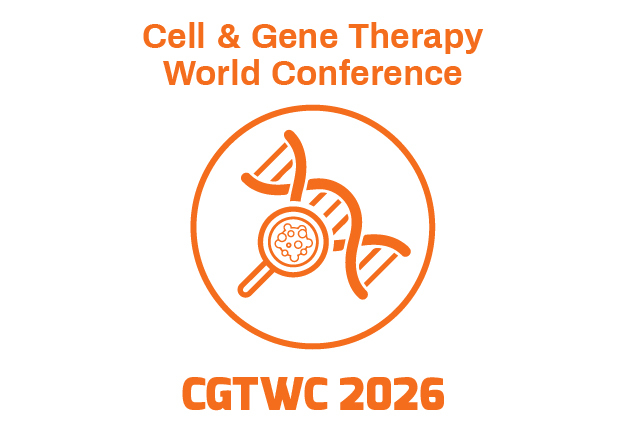Speakers - 2025

Cunen Wu
Cunen Wu
- Designation: Department of Oncology, Affiliated Hospital of Nanjing University of Chinese Medicine, Jiangsu Province Hospital of Chinese Medicine
- Country: China
- Title: Yiqi Huayu Jiedu Decoction Suppresses Liver Metastasis of Colorectal Cancer via NK Cell Activation: A TCM Immune Genomic Integration Study
Abstract
Background: Postoperative management of colorectal cancer (CRC) remains a clinical challenge, particularly for advanced stages at risk of liver metastasis, which continues to be a primary contributor to CRC related mortality. Recent studies have underscored the necessity for further investigation into the mechanisms of liver metastasis of CRC (CRCLM), with respect to the immune function. Traditional Chinese Medicine (TCM) emphasizes syndrome differentiation, with spleen deficiency and stasis toxin syndrome representing critical TCM-defined pathologies linked to immune dysregulation and poor prognosis in CRC. Yiqi Huayu Jiedu Decoction (YHJD), a TCM formulation, has shown promise in inhibiting CRC, though its mechanisms remain unclear. Considering the current treatment landscape and patient outcomes, the present study aims to assess the efficacy and mechanism of YHJD in improving postoperative TCM syndromes, enhancing anti-tumor immunity and suppressing CRCLM.
Methods: A prospective clinical trial recruited 65 postoperative CRC patients with stage II/III, who were assigned to Exposed (YHJD-treated plus chemotherapy) and Non-exposed (chemotherapy) groups. Clinical efficacy were measured by evaluating effective rates of spleen deficiency and stasis toxin syndrome improvement assessed via symptom scores. Immune parameters were assessed through level changes in NK cells and cytokines. Public TCGA-COAD dataset (647 CRC and 51 normal tissues) were analyzed to identify the impact of NK cell activity-related gene expression on CRC. NK cell and cytokine content in mouse model of CRCLM was examined and liver metastatic tissues were obtained for high-throughput sequencing to detect key regulatory LncRNA of YHJD. TCGA-COAD dataset was utilized to research the significance of DUBR in the NK cell-related immune characteristics, clinical features and prognostic role.
Results: YHJD significantly ameliorated spleen deficiency and stasis toxin syndrome in postoperative CRC patients with stage II/III. Besides, peripheral blood content of NK cell, CD8+ T cell, TNF-α and IFN-γ was increased in response to YHJD administration. TCGA analysis revealed decreased NK cell-related gene expression in CRC, associatig with more advanced disease stages and poorer prognosis. In vivo assay verified that YHJD can inhibit CRCLM through restoring NK cell populations in blood, liver, and spleen and up-regulating cytokines essential for NK cell activation. RNA sequencing identified DUBR as a YHJD targeted LncRNA, whose high expression would give rise to lessened NK cell infiltration, more advanced pathological stage and worse survival. Multivariate analysis further confirmed DUBR as an independent risk factor for metastasis in CRC. Moreover, DUBR related differential gene expression analysis confirmed its biological function in regulation of diversified cytokines linked with immune response.
Conclusion: YHJD can alleviate spleen deficiency and stasis toxin syndrome in advanced stage of CRC patients, enhance NK cell-mediated immunity and suppress metastasis via DUBR inhibition. The treatment’s dual focus on TCM-defined pathologies and molecular immune regulation addresses critical unmet needs in postoperative CRC care, offering a novel integrative approach to reduce recurrence risk. DUBR emerges as a prognostic biomarker and therapeutic target, bridging TCM efficacy with genomic mechanisms. These findings advocate for YHJD as an important adjunct therapy in CRC management, particularly for patients with advanced pathological stage and impaired anti-tumor immunity.
Key wors: Yiqi Huayu Jiedu decoction, Liver metastasis of colorectal cancer, Clinical cohort, NK cell, LncRNA DUBR

